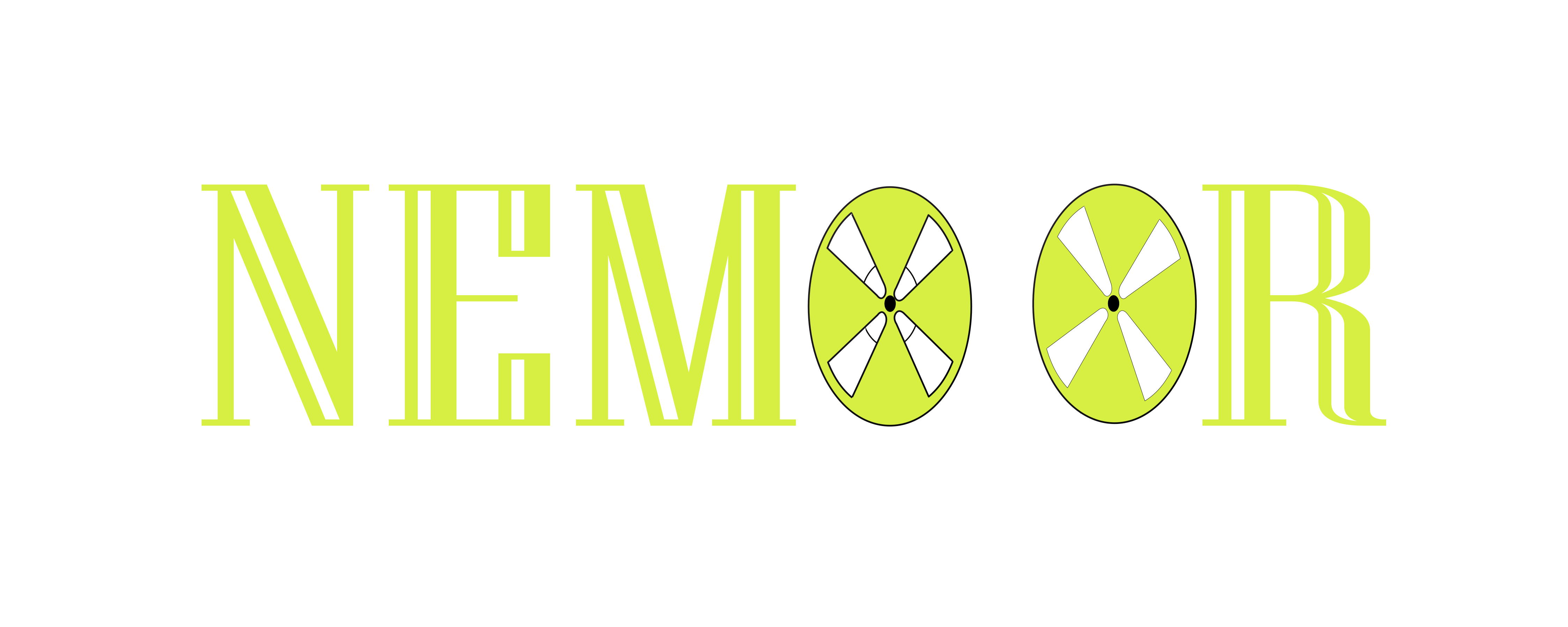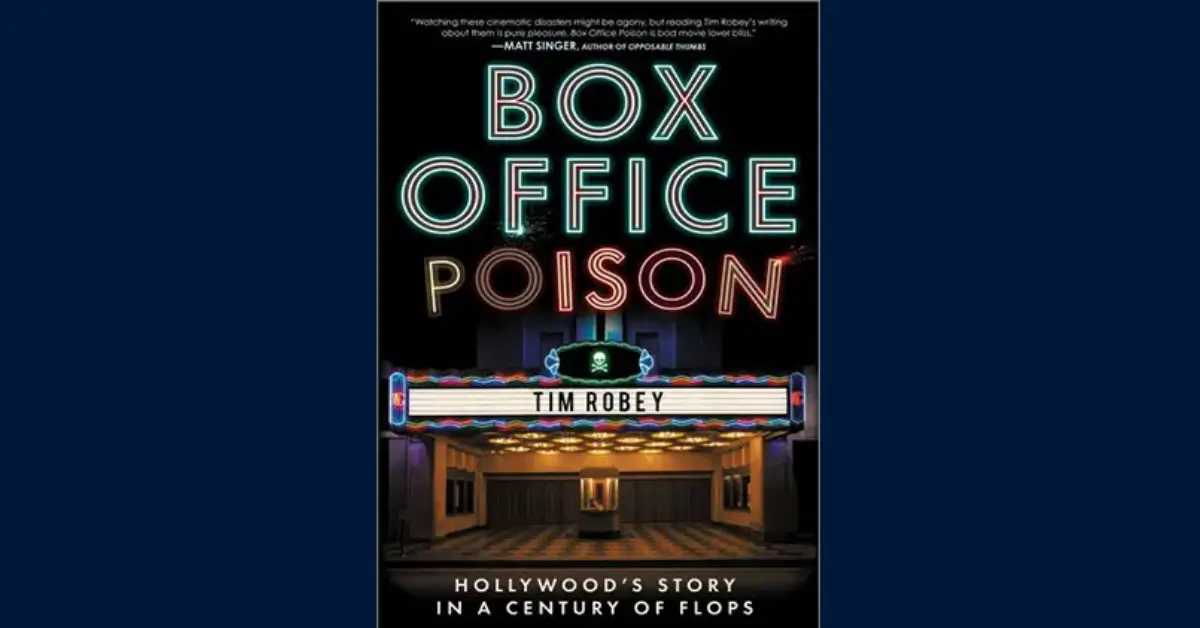Box Office Poison – A Deep Dive into Hollywood’s Most Notorious Movie Failures
Have you ever watched a big-budget film flop and thought, “What were they thinking?” In Box Office Poison: A Century of Hollywood’s Iconic Flops, veteran film critic Tim Robey delivers a witty, sharp, and emotionally perceptive journey through some of cinema’s most ambitious failures. From classic meltdowns to modern CGI misfires, this book explores the high hopes and harsh realities of filmmaking gone wrong.
Thank you for reading this post, don't forget to subscribe!For cinephiles, film students, or anyone curious about the psychology behind artistic and commercial failure, this is a must-read.
📘 Book Overview
- Title: Box Office Poison: A Century of Hollywood’s Iconic Flops
- Author: Tim Robey
- Publisher: Hanover Square Press
- Genre: Film Criticism / Cinema History / Hollywood Culture
- Release Date: November 5, 2024
- Primary Keywords: Hollywood flops, film criticism books, movie disasters, box office bombs
- Buy Link: Buy on Amazon
🎯 What Makes This Book Unique?
Tim Robey doesn’t just mock bad movies he investigates why they failed and what they reveal about ambition, ego, industry trends, and cultural shifts. In doing so, Box Office Poison becomes more than a list of flops it’s a kind of emotional autopsy of the creative process in Hollywood.
Expect humor, drama, and unexpected lessons about resilience, risk-taking, and storytelling under pressure.
🧠 Ideal For
| Audience | Why It’s a Great Fit |
|---|---|
| 🎞 Film Critics | Offers historical and analytical depth on high-profile flops |
| 🎬 Movie Lovers | Satisfies curiosity about infamous box office disasters |
| 🎓 Film Students | Breaks down what not to do in a production |
| 📉 Industry Insiders | Provides insights into the business and psychology of failure |
| 💡 Mental Health Writers | Examines ego, pressure, and artistic breakdowns in Hollywood |
⭐ Highlights from the Book
- Covers 26 notorious flops from over 100 years of cinema
- Deep dives into titles like Queen Kelly (1929), Heaven’s Gate (1980), Ishtar (1987), Pluto Nash (2002), and Cats (2019)
- Explores the psychology of risk, pressure, and failure in the film industry
- Balances humor and compassion while analyzing artistic disasters
- Blends cultural commentary with behind-the-scenes stories
🎬 Selected Films Analyzed
| Film Title | Year | Why It Flopped |
|---|---|---|
| Queen Kelly | 1929 | Director/star conflicts, unfinished vision |
| Heaven’s Gate | 1980 | Budget overrun, studio panic |
| The Adventures of Pluto Nash | 2002 | Misjudged tone, weak script |
| Cats | 2019 | Uncanny visuals, confusing narrative |
| The Bonfire of the Vanities | 1990 | Miscasting, poor adaptation |
Each entry is rich with storytelling, production insights, and cultural context.
🔍 Emotional & Cultural Themes
While not a book on mental health per se, Box Office Poison subtly addresses:
- The psychological toll of failure on artists and studios
- The ego traps and delusions that lead to misfires
- How public reception and shame shape an artist’s legacy
- The healing power of reflection (and even humor) after disaster
It’s a surprisingly therapeutic read for creators in any field.
📊 Usefulness & Engagement
| Category | Rating |
|---|---|
| Cultural Insight | 🔵🔵🔵🔵🔵 |
| Entertainment Value | 🔵🔵🔵🔵🔵 |
| Relevance to Filmmaking | 🔵🔵🔵🔵⚪ |
| Readability & Humor | 🔵🔵🔵🔵🔵 |
| Mental Health Angle | 🔵🔵⚪⚪⚪ |
💡 Why It Belongs on Your Shelf
In your niche of Films & Mental Health, understanding cinematic triumphs and failures alike adds dimension. Box Office Poison explores the emotional aftermath of public artistic failure an area ripe with relevance for mental wellness, burnout, identity, and the creative process.
Whether you’re writing about filmmakers, actors, or film history with a psychological lens, this book offers rich background and inspiration.
🛒 Where to Buy
📘 Buy Box Office Poison on Amazon
🏪 Also available at Barnes & Noble and independent booksellers.
✨ Final Thoughts
Box Office Poison is a cinematic love letter to Hollywood’s missteps, and a thoughtful reminder that even when dreams fail, the story is far from over. It’s not just a history of flops it’s a mirror reflecting ambition, human error, and the fragile beauty of creation.
Every artist, critic, and dreamer should read this.
Have you ever loved a movie that critics hated?
Drop your “guilty pleasure” or “box office poison pick” in the comments below we’re all friends here.

